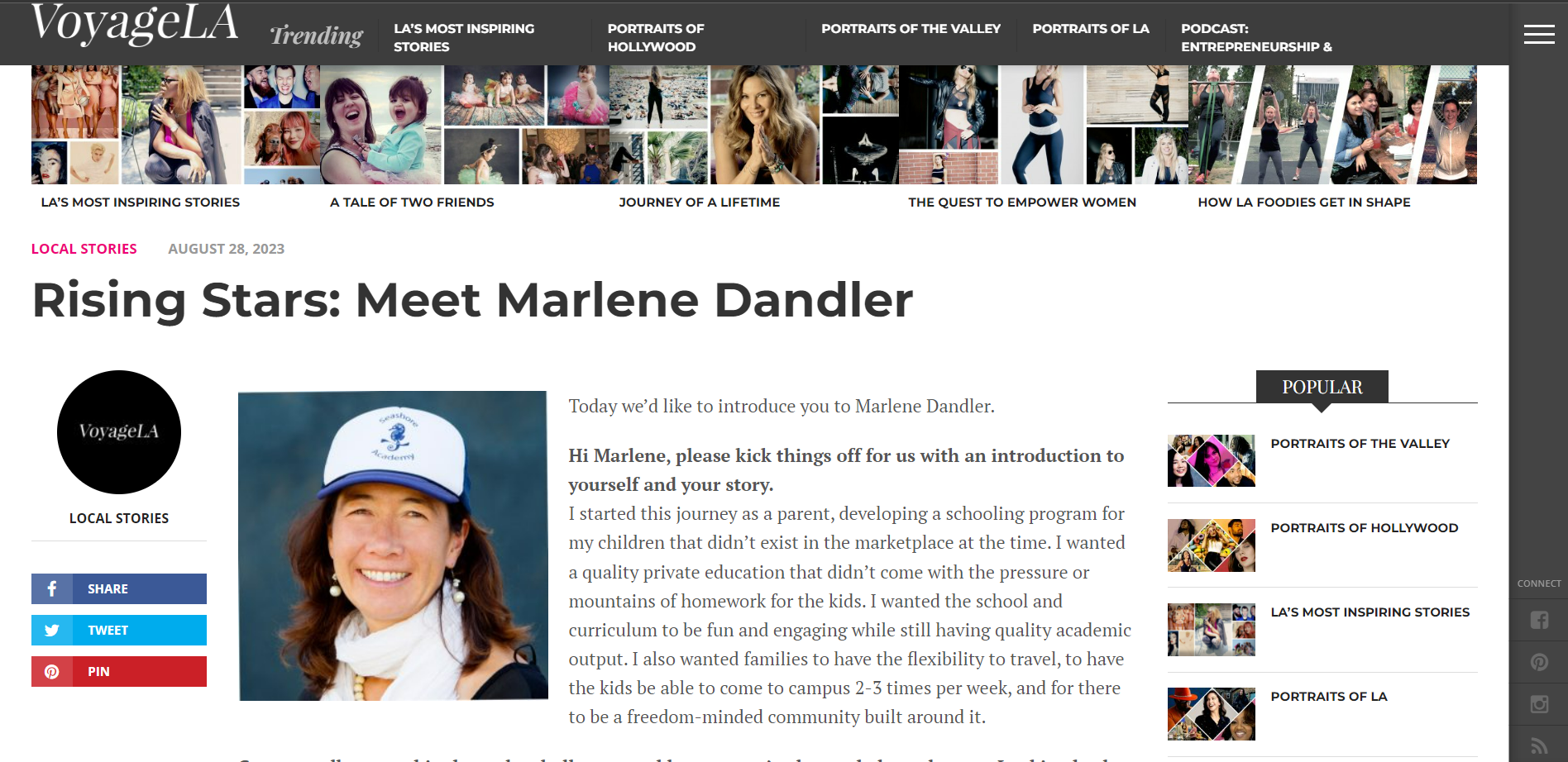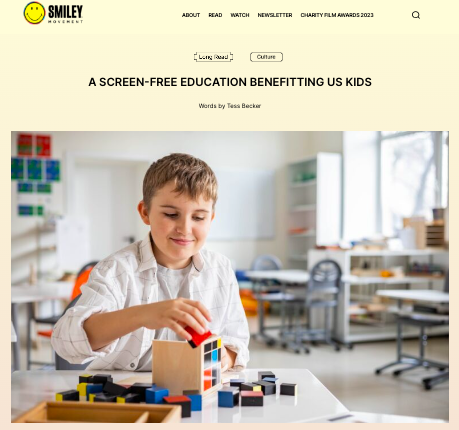Nurturing Lifelong Readers: How to Develop Strong Reading Habits
Fostering reading habits in your child opens a world where they find joy and knowledge in books, offering lifelong benefits like enhanced cognitive skills and a broader worldview. This endeavor demands commitment but promises rewards that extend beyond your child, enriching the whole family. It's a journey that transforms reading from a dream into a reality, nurturing a lifelong love for learning.
Daily Reading Rituals
You understand the power of routine in your child's life. It's now time to carve out a sacred space for reading. Whether it's a quiet morning moment or a pre-bedtime ritual, this daily practice becomes a cornerstone of their day. It's not just about the frequency; it's about creating an environment where reading is as natural as eating or sleeping.
Leading by Example
Your child looks up to you more than anyone else. Use this influence to ignite their reading interest. Let them see you immersed in a novel, discuss the intriguing facts from a biography you're reading, or share the excitement of a new book. Your passion for reading is contagious; it's a spark that lights their curiosity and shows them that reading is a window to endless adventures and learning.
Managing Screen Time
In the digital age, screens are an inescapable part of life, but they need not dominate your child's world. Establish a balance where technology is present but does not overshadow the joy of reading. Set screen time limits and create areas in your home where books are the focus, not devices. This balance teaches your child that while technology has its place, it's in the pages of books that some of the most magical and profound experiences are found.
Bonding Over Books
No matter how packed your schedule might seem, there's always time for a shared story. This shared reading time, perhaps before bed, is more than just a routine; it's a cherished bonding experience. It's a time when distractions are set aside, and you dive together into stories, exploring new worlds and ideas. This quality time not only enhances your child's reading skills but also strengthens your relationship.
Offering a Diverse Book Selection
Expose your child to the rich tapestry of the world through a diverse selection of books. Introduce them to different genres, cultures, and perspectives. This diversity in reading material not only broadens their understanding but also builds empathy and an appreciation for the myriad ways people live and think. It's a gift of insight and understanding that they'll carry with them throughout life.
Making the Most of Your Local Library
Transform visits to the library into exciting explorations. These trips are not just about borrowing books; they're about discovering new interests, participating in community events, and learning how to find and cherish information. Teach them how to navigate the library, engage in its programs, and view it as a treasure trove of knowledge and fun.
Bringing Stories to Life
Reading aloud isn't just for toddlers. It's a practice that has benefits for children of all ages. Choose books that are appropriate for their age and interests, and bring the stories to life with your expression and enthusiasm. This activity improves their listening skills, vocabulary, and comprehension, and it's a wonderful way to introduce more complex ideas and language.
Fostering Thoughtful Discussions
Once the book is closed, the journey doesn't end. Engage your child in discussions about what you've read. Ask open-ended questions that encourage them to think deeply about the story, characters, and themes. This practice not only enhances their comprehension but also develops critical thinking and communication skills.
As you embark on this journey to cultivate a love of reading in your child, remember that you're not just guiding them to read; you're opening doors to new worlds, ideas, and possibilities. It's a journey that requires patience and persistence, but the rewards are boundless. By integrating these strategies into your daily life, you're not just nurturing a reader; you're raising a thinker, a dreamer, and a lifelong learner. This is your legacy – a gift of reading that will enrich your child's life forever.
Ignite your child's passion for learning with an innovative and flexible education from
Seashore Academy.

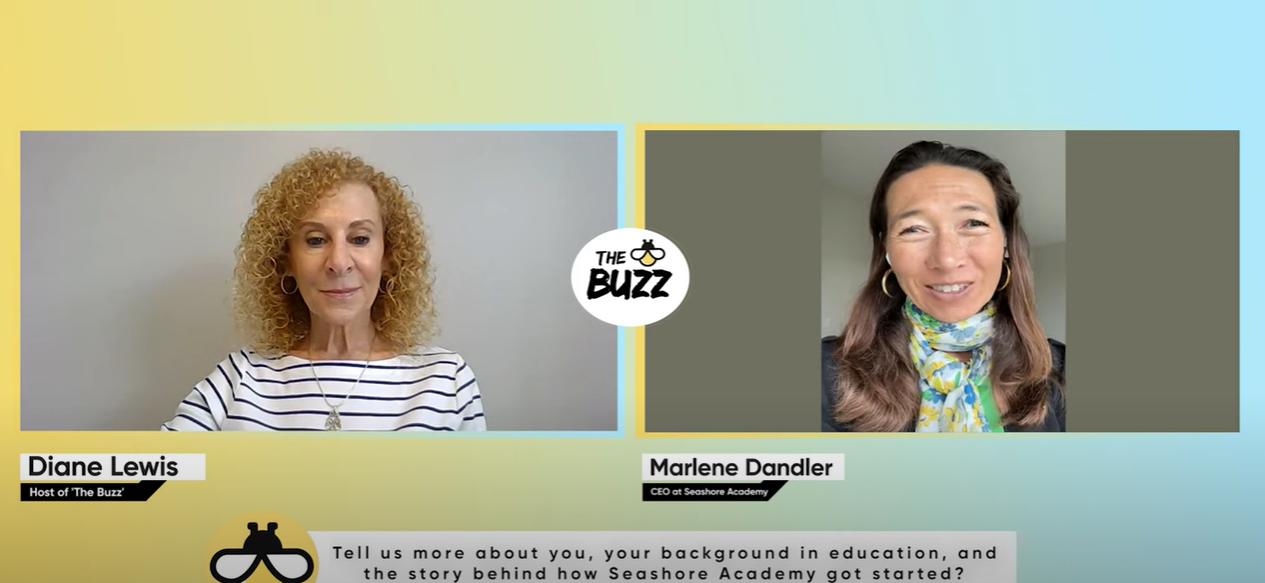
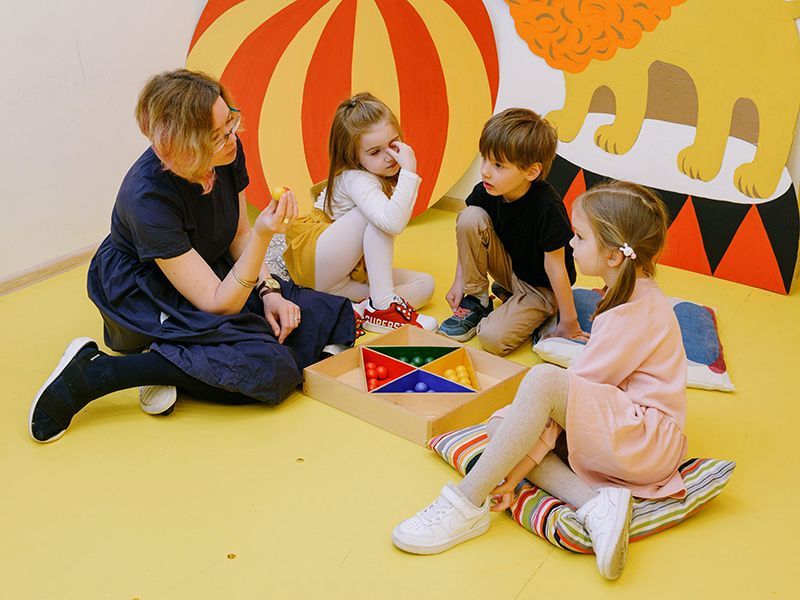
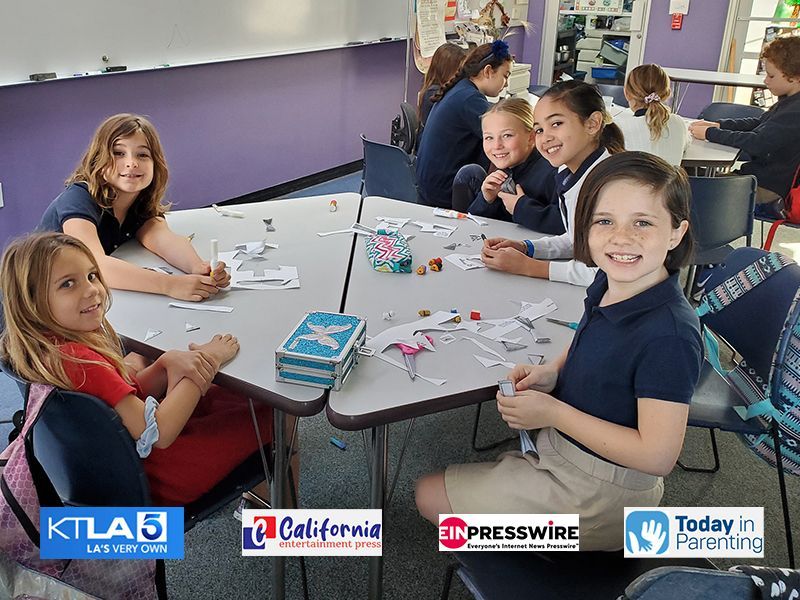


Critical Mass Business Talk Show: Ric Franzi Interviews Marlene Dandler, Founder of Seashore Academy
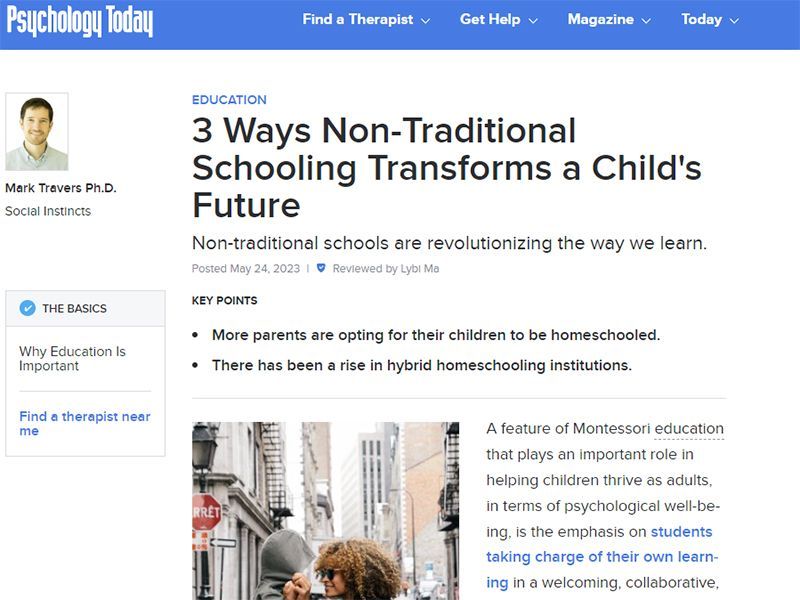
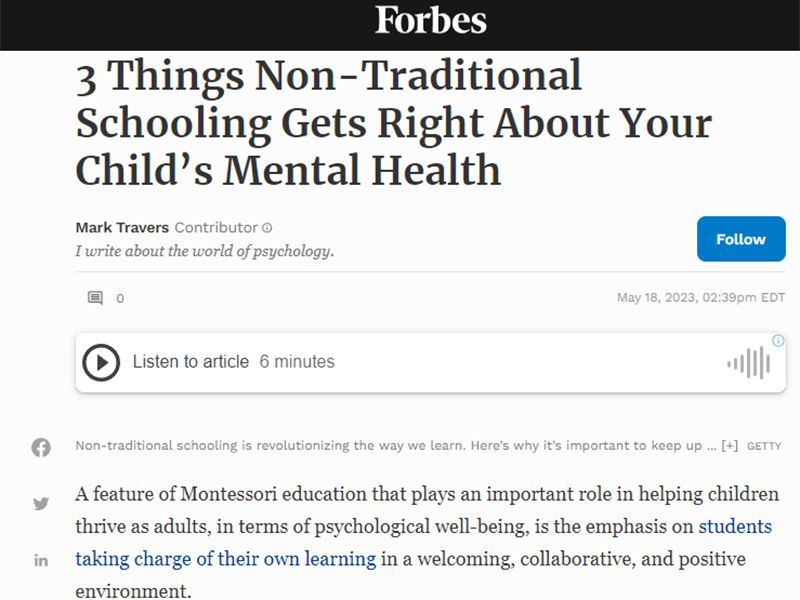
General Information
Admissions
Accounting
Director
Hours of Operation
Newport Beach
8:00 AM – 4:00 PM
Mission Viejo
9:00 AM - 3:00 PM
All Rights Reserved | Seashore Academy, LLC


